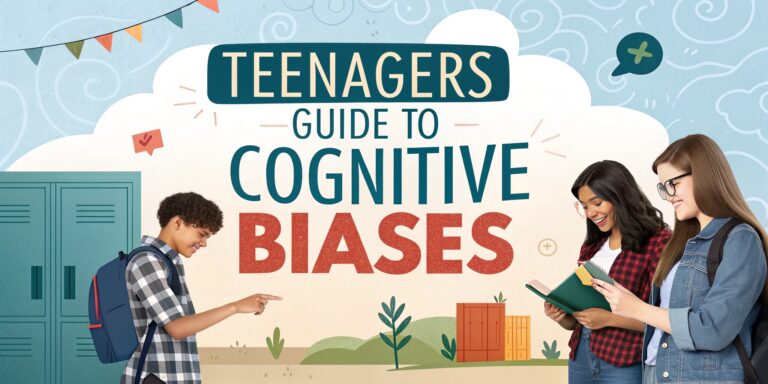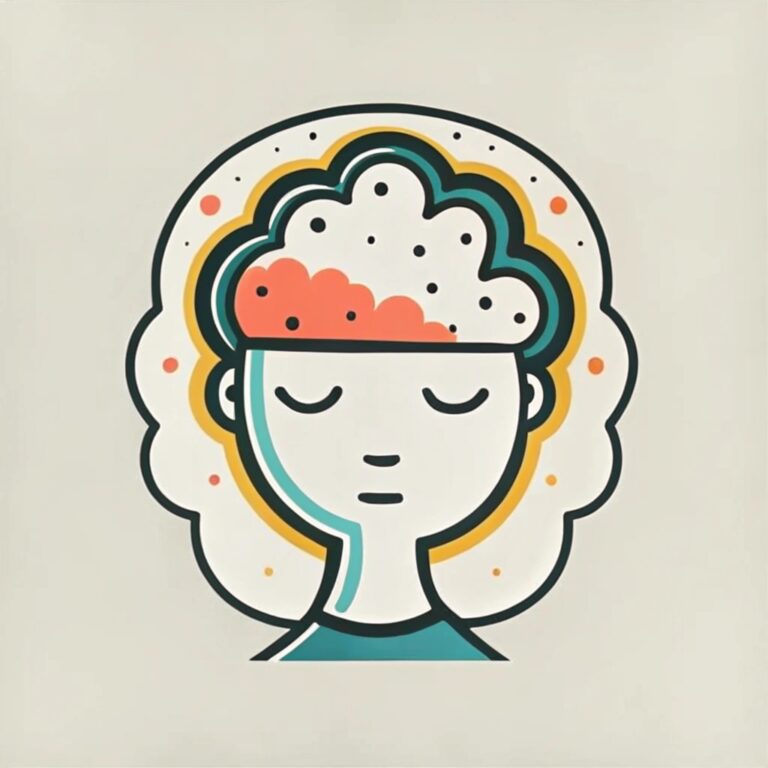
The New Mind Traps: How AI is Creating Fresh Cognitive Biases
The New Mind Traps: How AI is Creating Fresh Cognitive Biases For tens of thousands of years, human cognitive biases evolved to help us survive in a world of predators,

The New Mind Traps: How AI is Creating Fresh Cognitive Biases For tens of thousands of years, human cognitive biases evolved to help us survive in a world of predators,

The Teen Guide to Cognitive Biases: Your Brain’s Secret Shortcuts Why Should You Care About This? Your brain is constantly playing tricks on you. Not in a mean way, but

Understanding Brain Dynamics: How Your Child’s Brain Learns As homeschooling parents, we’re not just teachers—we’re brain cultivators. Understanding how our children’s brains process and integrate information can transform our teaching

The Power of Mental Models in Homeschooling As homeschooling parents, we’re constantly seeking the best ways to educate our children. While methods and curricula are important, there’s a more fundamental

Mastering the Mind: Overcoming Cognitive Biases and Negative Automatic Thoughts for Greater Self-Mastery In the pursuit of self-mastery, individuals often face numerous obstacles that hinder their progress and prevent them

The ‘Trim Tab’ Mindset: How Buckminster Fuller’s Vision Can Inspire Young Learners As a homeschooling parent, you have the unique opportunity to shape not just your child’s education, but their

As a homeschooling parent, one of the most valuable traits you can nurture in your child is grit – the combination of passion and perseverance that enables individuals to pursue long-term goals in the face of challenges and setbacks. According to Shaa Wasmund in her book “Stop Talking, Start Doing”, cultivating grit involves pushing past fears and discomfort to take bold action and learn from mistakes and failures.

Harnessing Energy Levels and Consciousness for Optimal Homeschooling Understanding and working with different levels of energy and consciousness is crucial for creating a thriving homeschooling environment. By being mindful of

Research as a Leisure Activity: Unlocking the Joy of Learning in Homeschooling We believe that one of the most transformative aspects of homeschooling is the opportunity to cultivate a lifelong

At QMAK, we believe that developing a mindset that protects the asset that is most precious and valuable is an essential component of a well-rounded homeschooling education. By helping our children cultivate this mindset, we empower them to make the most of their time and achieve their goals.

As homeschooling parents and educators, it’s essential to understand the different types of information and their potential impact on our teenagers’ well-being. By doing so, we can help them navigate the complex information landscape and make informed decisions about the content they consume.

“Chatter” refers to the negative self-talk that can consume our minds, hindering our performance, well-being, and social connections. For teenagers, who are navigating a crucial stage of personal development, learning to manage their inner voice is a vital skill that can have far-reaching benefits.

As homeschooling parents and educators, we can learn valuable lessons from the Rubik’s Cube and its creator. Rubik’s journey is a testament to the power of curiosity and the importance of pursuing one’s passions. In his autobiographical account “Cubed,” Rubik emphasizes the role of curiosity in his creative process: “I was just tremendously curious. I wanted to find something out. Even if I didn’t know exactly what that something was.”

The concept of whole-brain thinking is rooted in the understanding that our brains have different thinking styles, each with its own strengths and weaknesses. In their book “Strategy of the Dolphin,” authors Dudley Lynch and Paul L. Kordis identify four main thinking styles: the carp, the shark, the pseudo-enlightened carp, and the dolphin.

Remember, at QMAK, we don’t just teach; we empower. We don’t just inform; we inspire. We don’t just question; we act. Become a Gold Member, and let’s unlock your child’s full potential, one question at a time.